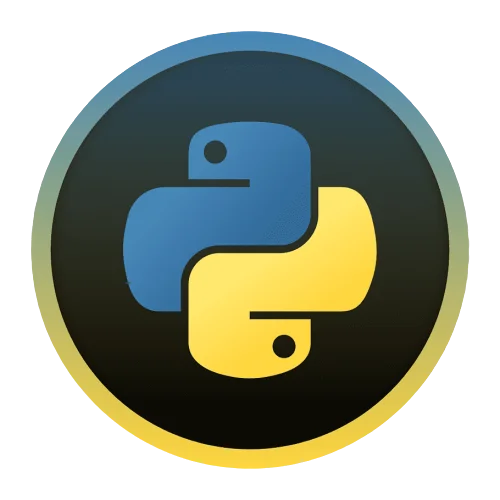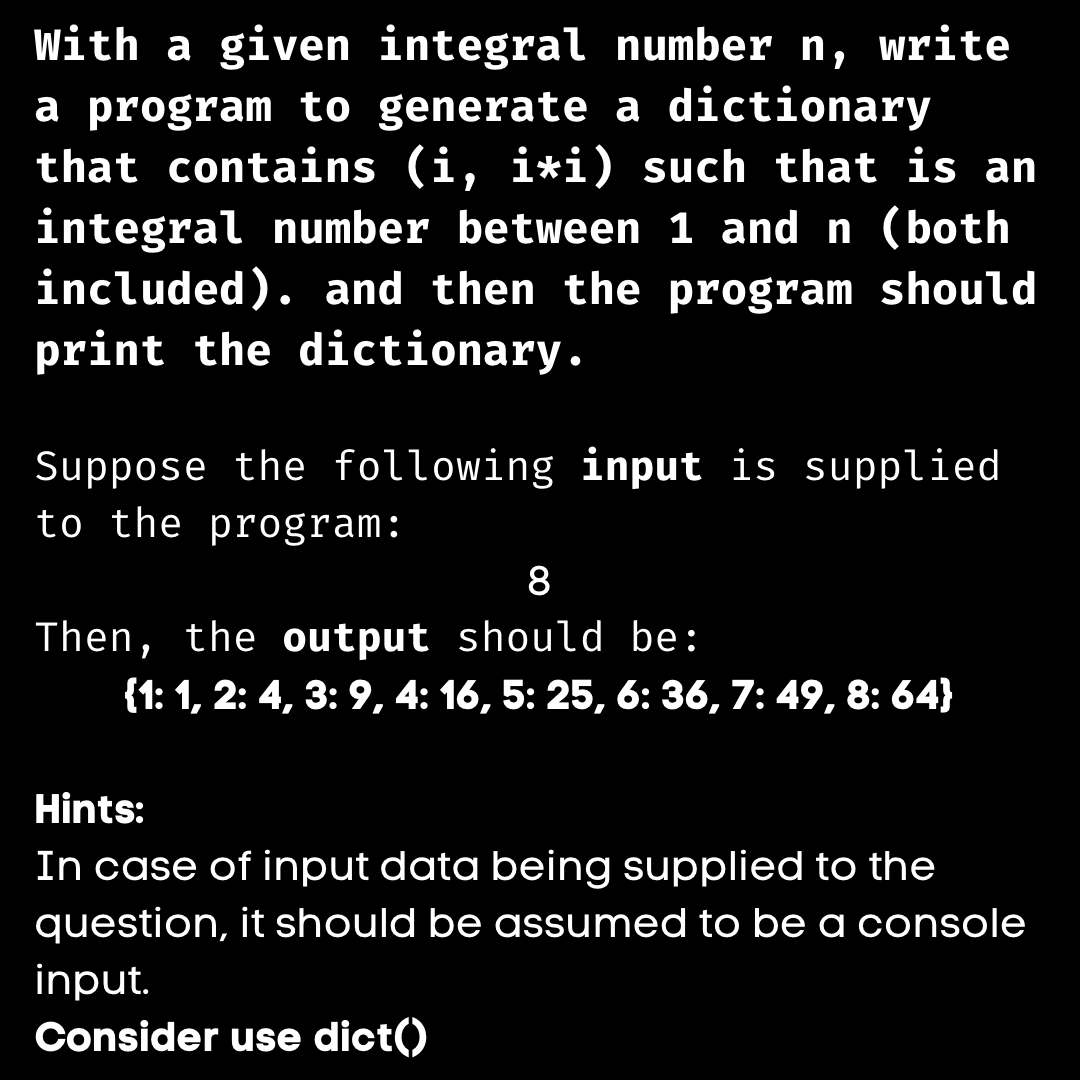
Know, How do tech businesses create successful data science products?
Step by Step 🧵
#DataScience #DataAnalytics #Data #MachineLearning #ArtificialIntelligence #deeplearning #Python #R #SQL #Julia #Agile
👇🏻
Step by Step 🧵
#DataScience #DataAnalytics #Data #MachineLearning #ArtificialIntelligence #deeplearning #Python #R #SQL #Julia #Agile
👇🏻

💡Business Types
There are two types of businesses:
1. service-based (TCS, WIPRO, INFOSYS, Cognizant, and Capgemini)
2. product-based (TCS, WIPRO, INFOSYS, Cognizant, and Capgemini) (Microsoft, Apple, Google, and Tesla).
👇🏻
There are two types of businesses:
1. service-based (TCS, WIPRO, INFOSYS, Cognizant, and Capgemini)
2. product-based (TCS, WIPRO, INFOSYS, Cognizant, and Capgemini) (Microsoft, Apple, Google, and Tesla).
👇🏻
Product-based companies grant data science projects to service-based companies.
While product-based businesses, receive data science projects from the various departments that make up their organization
- such as sales, logistics, manufacturing, and so on.
👇🏻
While product-based businesses, receive data science projects from the various departments that make up their organization
- such as sales, logistics, manufacturing, and so on.
👇🏻
💡What happens once a request for data science projects is been made?
During the requirement-gathering phase, both the
- Client-side (product manager, subject matter expert) and
- Developer-side (business analyst, data scientist, project manager)
👇🏻
During the requirement-gathering phase, both the
- Client-side (product manager, subject matter expert) and
- Developer-side (business analyst, data scientist, project manager)
👇🏻
will have a thorough discussion about the project's requirements
They document all requirements and organise them into sprints using software such as JIRA and Confluence. They divide sprints using an agile process
More on Sprints and Agile Processes, later. DO FOLLOW ME
👇🏻
They document all requirements and organise them into sprints using software such as JIRA and Confluence. They divide sprints using an agile process
More on Sprints and Agile Processes, later. DO FOLLOW ME
👇🏻
Following the requirement-gathering phase,
The data analyst and data scientist teams receive all information.
The data analyst and data scientist will then meet with clients to discuss the following topics.
- What information do you need?
- Where did the data come from?
👇🏻
The data analyst and data scientist teams receive all information.
The data analyst and data scientist will then meet with clients to discuss the following topics.
- What information do you need?
- Where did the data come from?
👇🏻
💡Sources of information
SQL databases (Microsoft server, MySql)
Are slower databases used for transactions such as payment gateways and survey forms
- where data cannot be modified once entered
👇🏻
SQL databases (Microsoft server, MySql)
Are slower databases used for transactions such as payment gateways and survey forms
- where data cannot be modified once entered
👇🏻
No-SQL databases (MongoDB, AWS s3, Azure BLOB)
Because they are fast and can process real-time data, they are been used for data science projects.
👇🏻
Because they are fast and can process real-time data, they are been used for data science projects.
👇🏻
Big data engineers and cloud engineers now enter the picture
- Using an ETL method, they take data from diverse sources and efficiently store it in a No-SQL database.
👇🏻
To be continued, DO FOLLOW ME TO READ THE NEXT PARTS OF THIS THREAD
RT - FIRST TWEET, comment what you feel.
- Using an ETL method, they take data from diverse sources and efficiently store it in a No-SQL database.
👇🏻
To be continued, DO FOLLOW ME TO READ THE NEXT PARTS OF THIS THREAD
RT - FIRST TWEET, comment what you feel.
@threadreaderapp unroll
• • •
Missing some Tweet in this thread? You can try to
force a refresh











